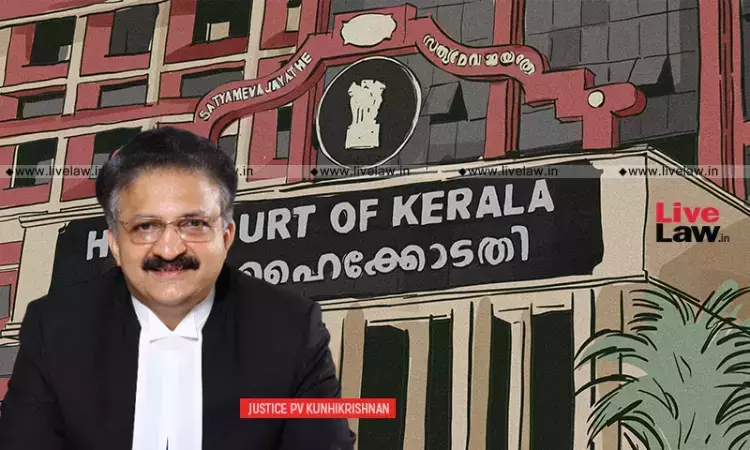'Can't Impose One's Religious Belief On Another': Kerala High Court Refuses To Quash Case Against Man For Criticizing Muslim Girl's Handshake
Tellmy Jolly
7 Oct 2024 4:37 PM IST

No religious belief is above the Constitution and the Constitution is supreme, Court said.
Next Story


